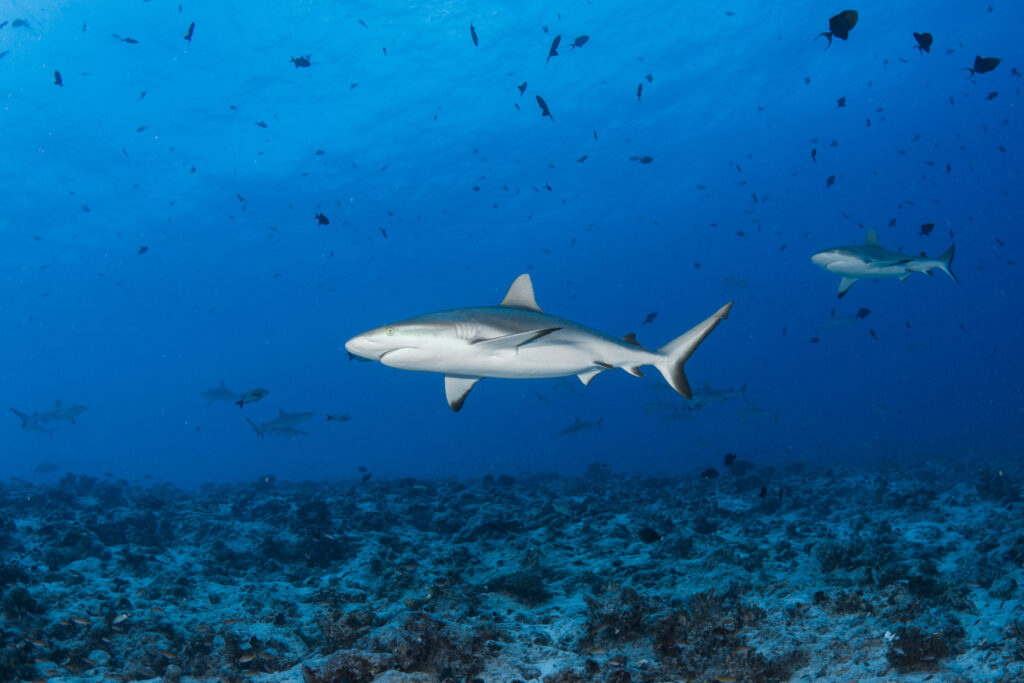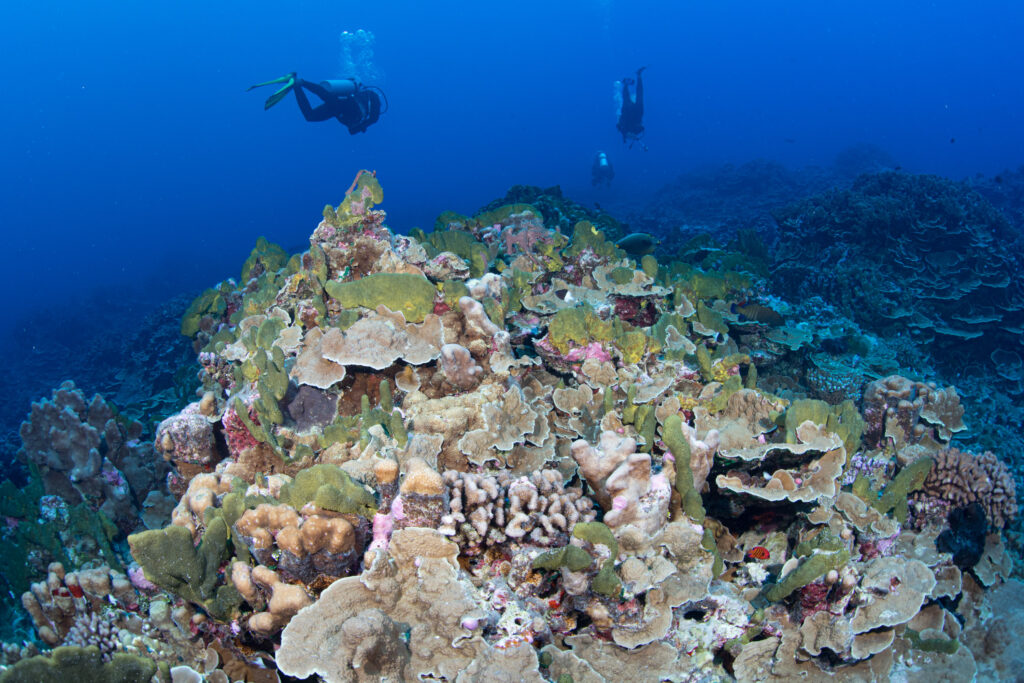By Heather Rowan | Development Coordinator
Why Are Oceans Important? And What Can We Do To Protect Them?
Big, beautiful, and blue—are all words that come to mind when thinking about our oceans. But more than just a picturesque beach vacation, oceans are an incredibly valuable component of our planet.
That’s why the United Nations (UN) designated June 8 as World Oceans Day, serving as an opportunity to raise awareness about the role that oceans play and how we can protect them. Whether you reside on the coast or live hundreds of miles inland, World Oceans Day is a time for everybody to celebrate and learn how ocean health contributes to the overall health of our planet.
 Photo Credit: Teresa Wood
Photo Credit: Teresa WoodWhy are Oceans Important?
Why are our oceans important? It’s a valid question. Afterall, humans live on land…so why should we care about the health of our oceans and seas?
Besides the fact that oceans are home to countless marine species, they also greatly contribute to the health of animals that live on land and provide many benefits to humans. According to the National Ocean Service, the ocean produces more than 50 percent of the planet’s oxygen and it regulates our climate and weather patterns. We also rely on the ocean to transport goods, and it contributes to the worldwide economy through tourism, food, and other industries. Not to mention, communities across the globe rely on fish for protein and ocean ingredients used to make modern medicine.
Despite all of these incredible benefits, climate change and human impacts are causing our oceans’ health to rapidly diminish and deteriorate. That’s why we, at CORAL, are calling on you to help us protect the ocean this World Oceans Day.
Protect the Ocean By Protecting Coral Reefs
At CORAL, we focus on protecting coral reefs, which are unquestionably some of the most valuable underwater ecosystems.
It’s estimated that roughly 25 percent of all marine life depends on coral reefs, with species ranging from sea turtles to parrotfish to reef sharks. They also provide food, economic value, and shoreline protection to coastal communities.
 Photo Credit: Teresa Wood
Photo Credit: Teresa WoodOne major way you can protect the ocean this World Oceans Day is by taking actions that focus on keeping coral reefs healthy. Here are a few simple ways to start making a difference:
Links:
Project reports on GlobalGiving are posted directly to globalgiving.org by Project Leaders as they are completed, generally every 3-4 months. To protect the integrity of these documents, GlobalGiving does not alter them; therefore you may find some language or formatting issues.
If you donate to this project or have donated to this project, you can receive an email when this project posts a report. You can also subscribe for reports without donating.
Support this important cause by creating a personalized fundraising page.
Start a Fundraiser